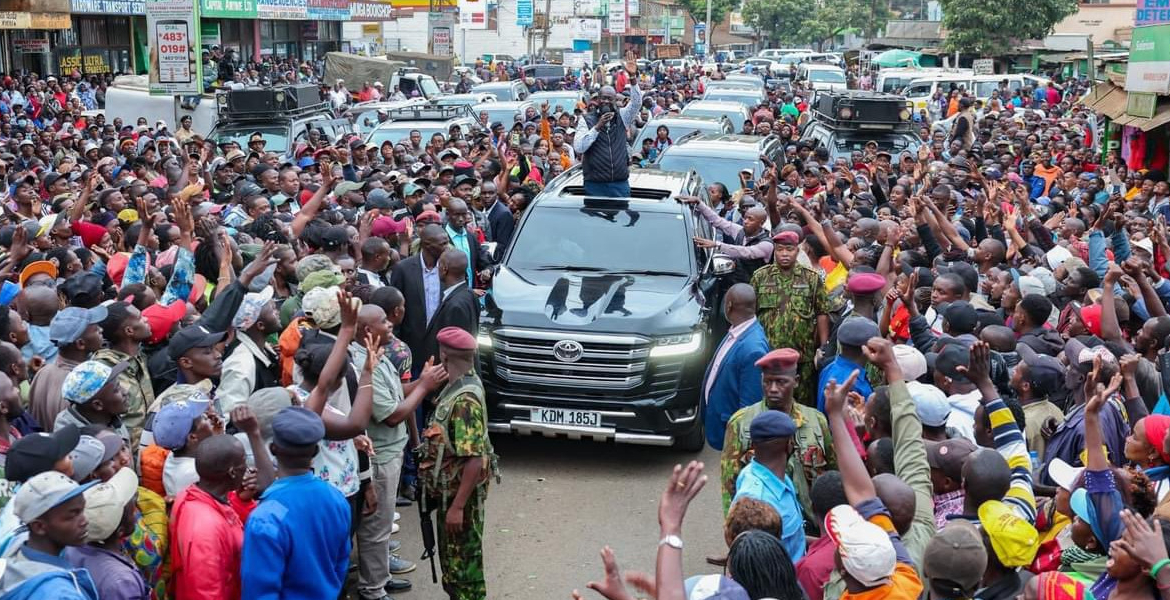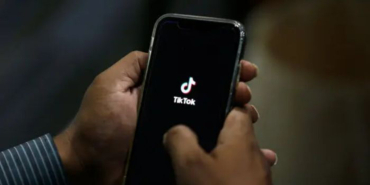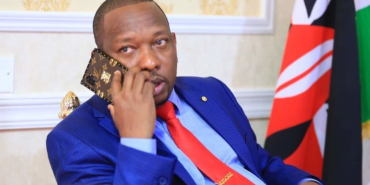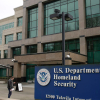Gachagua Ramps Up Political Outreach in Kikuyu and Dagoretti South

Former Deputy President Rigathi Gachagua's newly formed Democracy for Citizens Party (DCP) is emerging as a significant challenger to President William Ruto's dominance in the Mt. Kenya region.
Gachagua has launched a series of strategic tours and intensified his rhetoric against former allies, signalling a broader campaign to redefine the political dynamics in the region. In recent weeks, Gachagua has toured key constituencies in Kiambu and Nairobi counties, aiming to galvanise support for the DCP as the primary political vehicle for the region in 2027. His itinerary included stops in Kikuyu and Dagoretti South, where he urged voters to elect leaders under the DCP banner, emphasising the importance of loyalty and regional representation.
Speaking to supporters, Gachagua framed the upcoming elections as an opportunity to address past political betrayals, making direct calls to unseat politicians aligned with the United Democratic Alliance (UDA). This marks a significant departure from his previous role as a key figure in President Ruto's administration. Now heading a separate faction, Gachagua is seeking to consolidate his influence and reshape the political landscape of Mt. Kenya.
"We must ensure that only those who stand by us and our community are elected. The betrayals we have suffered must be punished at the ballot," Gachagua said during his address, reinforcing the DCP as a vehicle for reclaiming regional political strength.
Despite the momentum gained from Gachagua's political tour, logistical challenges have hindered the official launch of the DCP. The planned launch on June 3 was postponed due to the party's inability to secure Kasarani Stadium. This setback has prompted party leadership to reassess their strategies, with the National Executive Committee (NEC) working to secure an alternative venue. DCP officials have assured supporters that preparations are ongoing and that a new launch date will be announced soon.
Amid heightened political activity, concerns have resurfaced regarding the use of inflammatory language and hate speech. The National Cohesion and Integration Commission (NCIC) recently addressed the controversy surrounding political slogans that have gained traction, particularly those used by Gachagua and his allies.
NCIC Commissioner Danvas Makori clarified that phrases such as "Wantam" and "Mambo ni Matatu" do not currently meet the threshold for hate speech. "Wantam," derived from "One Term," is a slogan championed by Gachagua's camp in its bid to end Ruto's presidency after a single term. Meanwhile, "Mambo ni Matatu," popularised by Ruto himself, was originally used in reference to policy enforcement, offering three options: compliance, legal consequences, or exile.
Makori emphasised that political slogans, while often provocative, do not necessarily constitute hate speech unless they incite ethnic hostility or violence. However, he noted that discussions are ongoing within Parliament regarding potential amendments to the law that could extend its scope to cover coded language and gender-based incitement.
The NCIC has previously faced challenges in enforcing hate speech laws due to the high legal threshold required for prosecution. As Kenya approaches another election cycle, the Commission faces pressure to address political rhetoric that may contribute to division and instability. Gachagua himself has recently come under scrutiny for remarks regarding election integrity. In a past interview, he referenced Kenya's tumultuous 2007/2008 post-election period, warning of possible unrest should irregularities occur in the 2027 polls.
These statements have raised concern among political stakeholders, prompting NCIC Chairman Samuel Kobia to intervene. Kobia indicated that authorities were reviewing Gachagua's comments, cautioning against divisive rhetoric that could inflame tensions.








Add new comment